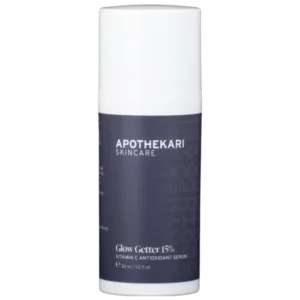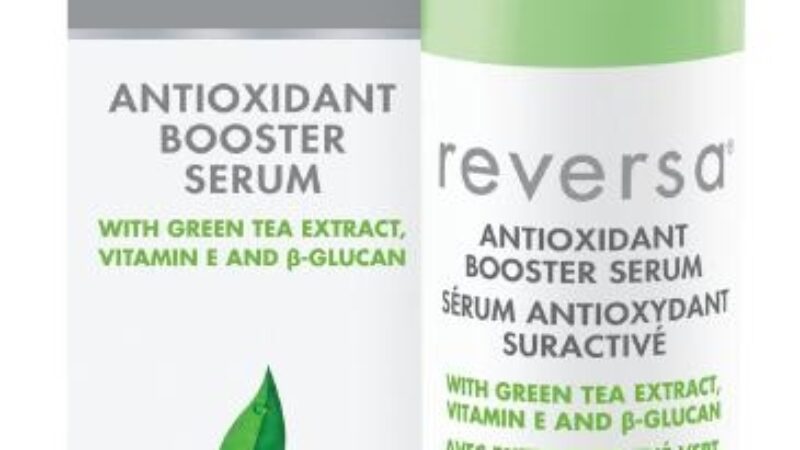Sunscreen and antioxidants are the perfect sun protection partners. Summer unofficially starts this month and there’s no better time to talk about the role that each of these ingredients play in keeping our skin healthy.
Sunscreen and antioxidants are two halves of an equation that add up to maximum protection against sun damage and premature aging of the skin.
How Sunscreens Protect Skin
Most of us are aware of the importance of using a well-formulated broad-spectrum sunscreen daily to protect against UVB and UVA rays. UVB rays (280-315 nm) have a short wave length and reach the outer layer of skin. These are most abundant during those long, summer days and are responsible for sun burns. On the other hand, UVA rays (315-400 nm) are prevalent year-round, day in, day out. They have a longer, more penetrating wavelength, leading to skin damage and premature aging of the skin.
Sunscreens labelled as “broad-spectrum” contain sun filters that work to protect the skin against both UVA and UVB rays. Some sun filters, like titanium dioxide and zinc oxide, create a physical barrier between the sun and the skin.
Other filters, like Mexoryl, Tinosorb and avobenzone, work by interacting with your skin’s surface to absorb UV rays, which are then converted and released as harmless energy. We like sunscreens that are formulated with a combination of sun filters which often act as stabilizers for each other and protect against as much of the UV spectrum as possible.
Antioxidants: Best Supporting Partner
While the importance of a good sunscreen is indisputable, no one sun product can effectively block out 100% of the sun’s rays. This is where antioxidants come in.
Antioxidants complement the benefits of sunscreen by helping to defend against the free radical damage that accompanies UV rays. Free radicals are highly active and unstable molecules that can start a chain reaction of skin inflammation and damage, leading to premature skin ageing and even serious skin health issues. Layering an antioxidant underneath your sunscreen during the day boosts the effectiveness of the sun filters.
Using an antioxidant at night allows the active ingredients to take on a reparative role by fighting damage caused by environmental stressors. Sunscreens may include antioxidants in their formulations, but they are often present in very small concentrations. It’s why we recommend using an antioxidant formulation in addition to sun protection.
How to Choose an Antioxidant
There are many antioxidants to choose from, but we’ve always had a soft spot for vitamin C. The L-ascorbic acid form of vitamin C is backed by the most clinical studies to support its use in skin care, which is why you’ll find it in our own Apothekari Bespoke Vitamin C serum, where it’s combined with hydrating ingredients along with an arsenal of other potent antioxidants.
Beyond fighting free radicals, vitamin C also helps to brighten skin tone, boost collagen production and increase skin hydration. And just as we rely on a blend of sun filters to protect our skin, we like our antioxidants the same way. A synergistic mix of antioxidants like vitamin C, ferulic acid and vitamin E is a perfect example of the sum being greater than its parts. When it comes to antioxidants, the more, the merrier!
Sunscreen and antioxidants: our daily one-two punch against sun damage!

(Previously called Apothekari Bespoke Vitamin C 15% Serum)




